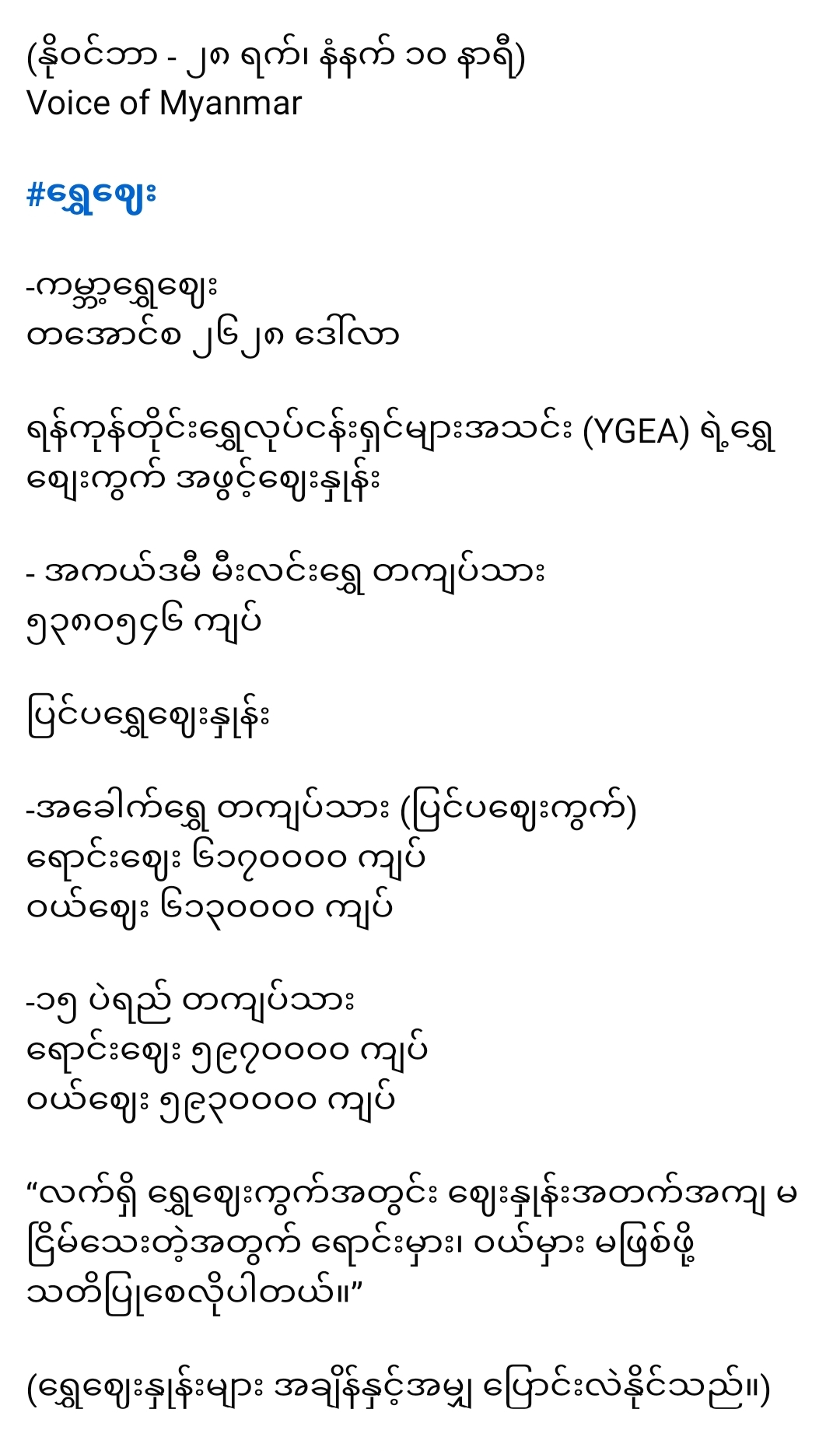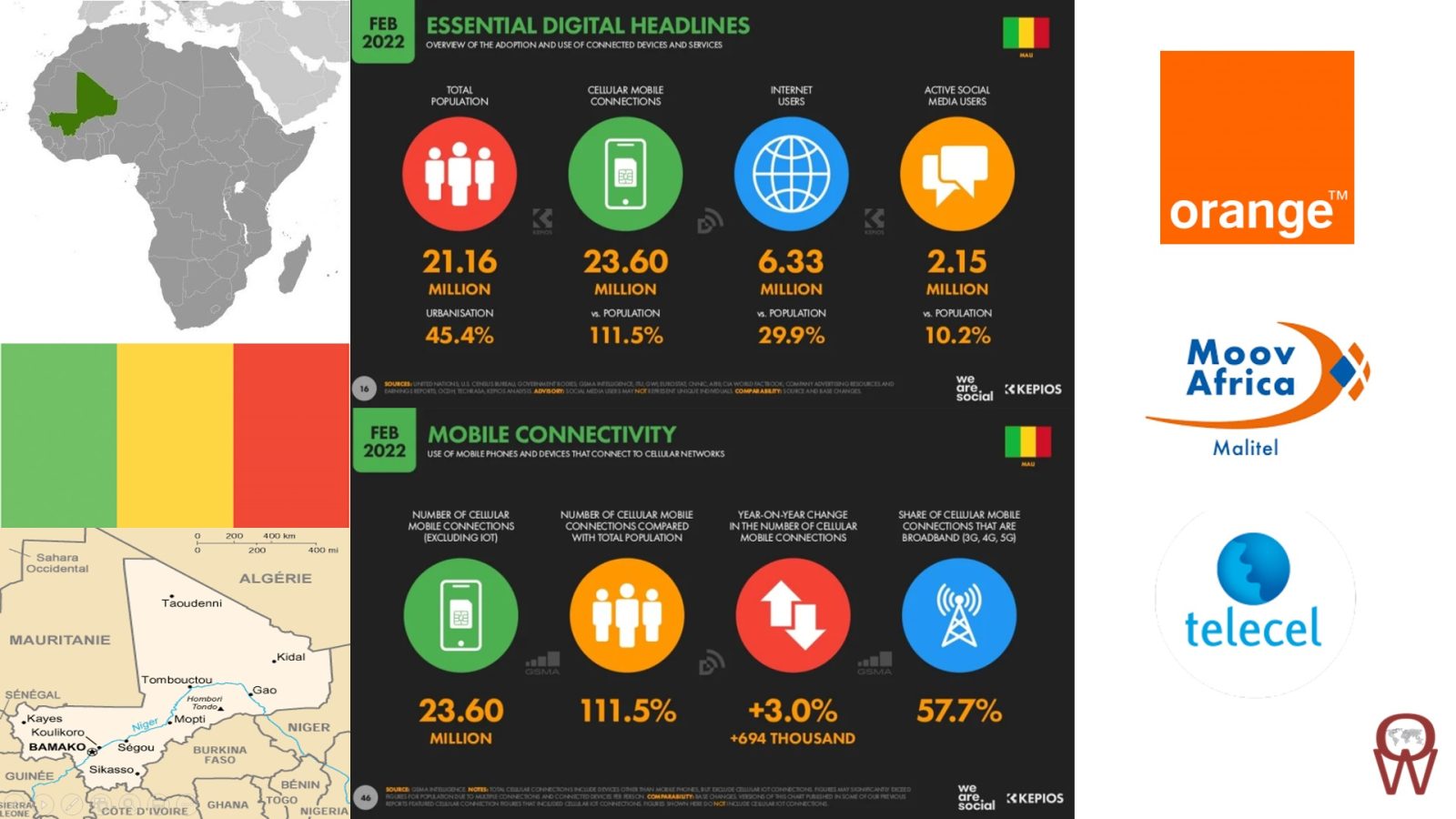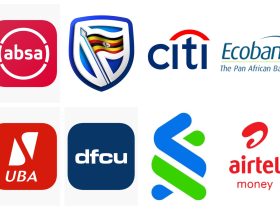
Telecommunication Companies in Mali
Mali, a landlocked country in West Africa, has seen significant growth in its telecommunications sector over the past two decades. This growth is driven by advancements in mobile phone networks and increasing internet penetration. While challenges such as limited infrastructure and low literacy rates persist, several key telecommunication companies are shaping the country’s digital landscape.
1. Orange Mali
Orange Mali is the leading telecommunications provider in Mali, with a dominant market share. Established in 2003 as a subsidiary of the French multinational Orange Group, it offers a range of services, including mobile voice, SMS, data, and mobile money through its Orange Money platform. Orange Mali has heavily invested in infrastructure, including 4G LTE technology, which has improved internet speed and coverage in urban and rural areas. Its customer-centric approach and innovative services have made it a trusted name in the country.
2. Malitel (SOTELMA)
SOTELMA, operating under the brand name Malitel, is another major player in Mali’s telecom market. Initially state-owned, it became partially privatized in 2009 when Maroc Telecom acquired a majority stake. Malitel provides services such as mobile and fixed-line telephony, internet, and mobile money. Its competitive pricing and extensive coverage make it a strong contender in the industry. The company is also investing in expanding 4G networks and enhancing service delivery.
3. Telecel Mali
Telecel Mali is a smaller but growing telecom provider in the Malian market. Known for its affordable packages, it primarily targets budget-conscious consumers. The company has made strides in mobile voice and data services and continues to focus on increasing its market presence through promotions and partnerships. While its network coverage is not as extensive as its competitors, Telecel Mali is working to close the gap by investing in infrastructure.
4. Afribone Mali
Afribone is one of Mali’s leading internet service providers (ISPs). Unlike the mobile operators, Afribone focuses on providing broadband internet services to businesses and individuals. Its range of services includes fiber-optic connectivity, VSAT, and enterprise solutions. Afribone is instrumental in supporting businesses with reliable and high-speed internet, contributing to the digitalization of Mali’s economy.
5. Other Emerging Players
Other companies, such as Datatech Mali and FasoNet, operate in niche markets, providing specialized internet and communication services. These companies often cater to businesses or urban populations seeking faster and more stable internet connectivity.
Challenges in the Sector
Despite these advancements, the telecommunications sector in Mali faces challenges. Infrastructure development in rural areas remains limited, leading to disparities in access. The high cost of internet services compared to average incomes is another barrier. Additionally, political instability and regulatory challenges can affect the sector’s growth.
Future Prospects
The government and telecom companies are working on initiatives to improve digital inclusion. Investments in 5G technology, expansion of rural connectivity, and public-private partnerships are expected to drive the sector forward. With increasing smartphone penetration and the growing importance of mobile money, Mali’s telecom industry has the potential for sustained growth.
In conclusion, telecommunication companies in Mali play a crucial role in connecting communities and driving economic development. Leaders like Orange Mali and Malitel, along with emerging players, continue to shape the country’s digital future despite existing challenges.




Leave a Reply